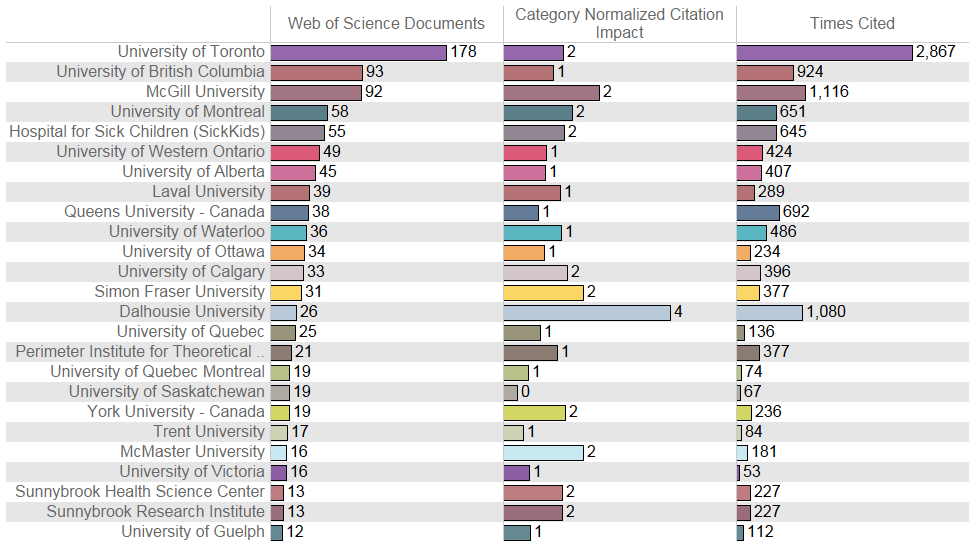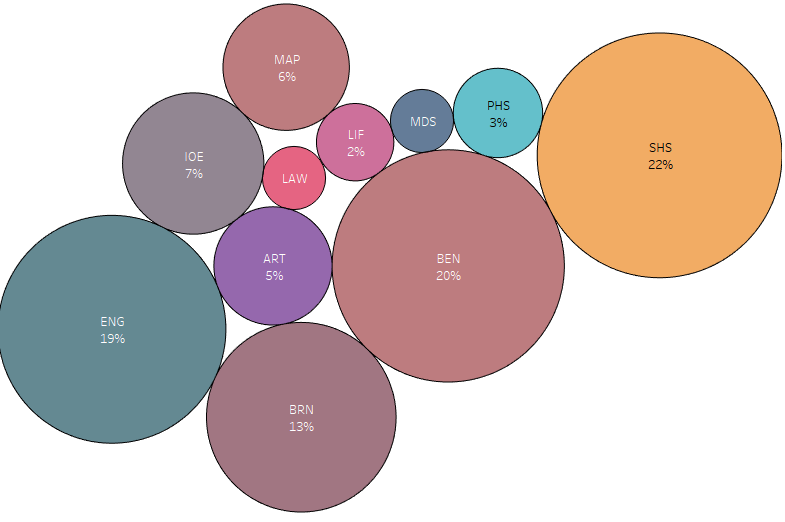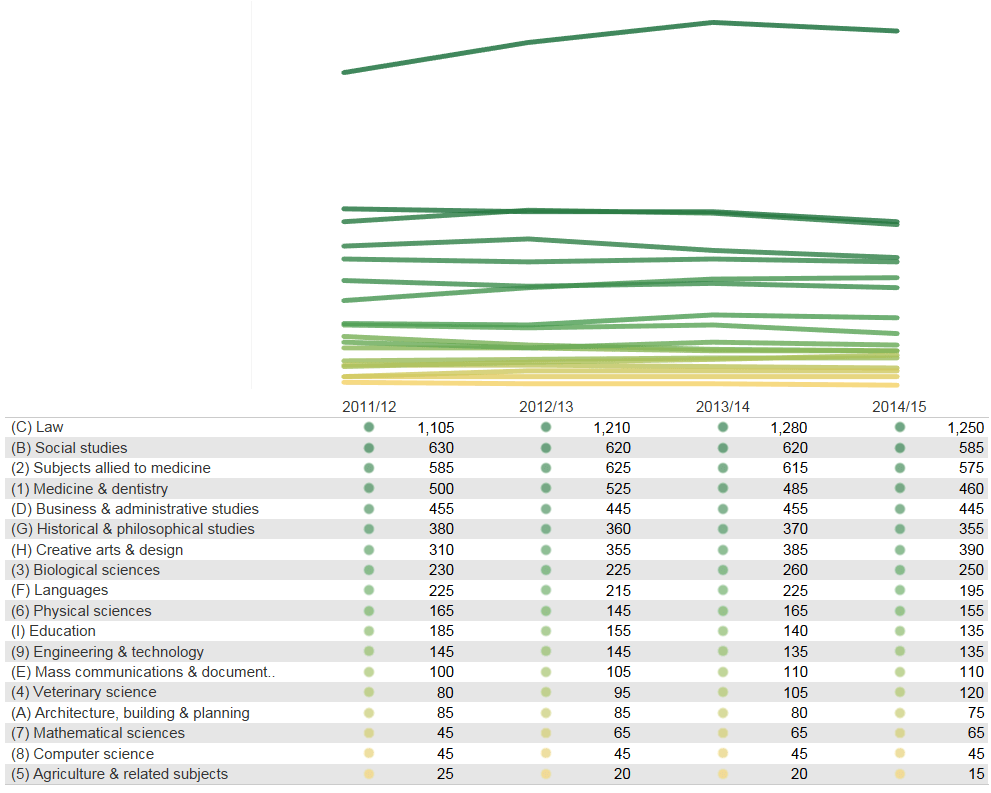Exploring UCL’s collaborations with Canada
By ucypsga, on 29 January 2018
This month saw UCL President & Provost Professor Michael Arthur host a University of Toronto (UofT) delegation at UCL’s Bloomsbury campus.
UofT President Professor Meric Gertler joined a roundtable where representatives from both universities discussed the joint funding projects launched in November 2017, along with the potential for future health science collaborations.
But how else is UCL collaborating with the University of Toronto – and Canada more widely?
Here, we take a look at the existing connections.
UofT emerges as top research partner
Looking at data for the papers published in the past five years with less than five authors (according to InCites), along with how many times they’ve been cited, the University of Toronto is UCL’s closest collaborator, by a clear margin.
UCL’s next highest collaborator in the country is University of British Colombia, followed by McGill University.
High volume of medical research collaboration
Taking a more in-depth look at the collaborations between UCL and UofT reveals that life and medical science is by far the most common area of shared research.
For example, UCL and UofT collaborated on 17 papers on clinical neurology, 15 on neurosciences, 13 on paediatrics and nine on surgery.
UofT students at UCL
The figures for 2016/17 suggest that Canadians are most commonly heading to UCL for post graduate study, and the University of Toronto is no exception. In the graph below, you can see the distribution of UofT students across UCL faculties.
The table below shows the number of applications from UofT undergraduates for postgraduate study at UCL. It demonstrates a high interest in social and historical sciences (22% of applications), followed by built environment (20%) and engineering (19%).
Canadian students in the UK
Taking a wider view and looking at the enrolment figures from 2011/12 through to 2015/16 across all UK universities, it’s clear that the most popular subject for Canadian students choosing to study in the UK is law, followed by social studies and medicine – a contrast to the popular subjects at UCL previously highlighted.
Contrary to the UK as a whole, for instance, law makes up just 6% of Canadian students’ subject choices at UCL.
Steady growth in students from Canada
Finally, looking at the Full Time Equivalent (FTE) Canadian students who were enrolled from 2011/12 through to 2015/16 in the UK’s Russell Group Universities, it’s clear that while other universities within the group have seen a decline in Canadian applications, there has been a steady increase in students coming from Canada to UCL in recent years – a trend that we hope will continue for many years to come.
Explore the Global Engagement Office (GEO)’s interactive dashboard to see more of UCL’s collaborations across the world.
For more information on UCL’s activity in North America, visit the GEO web pages.
 Close
Close








